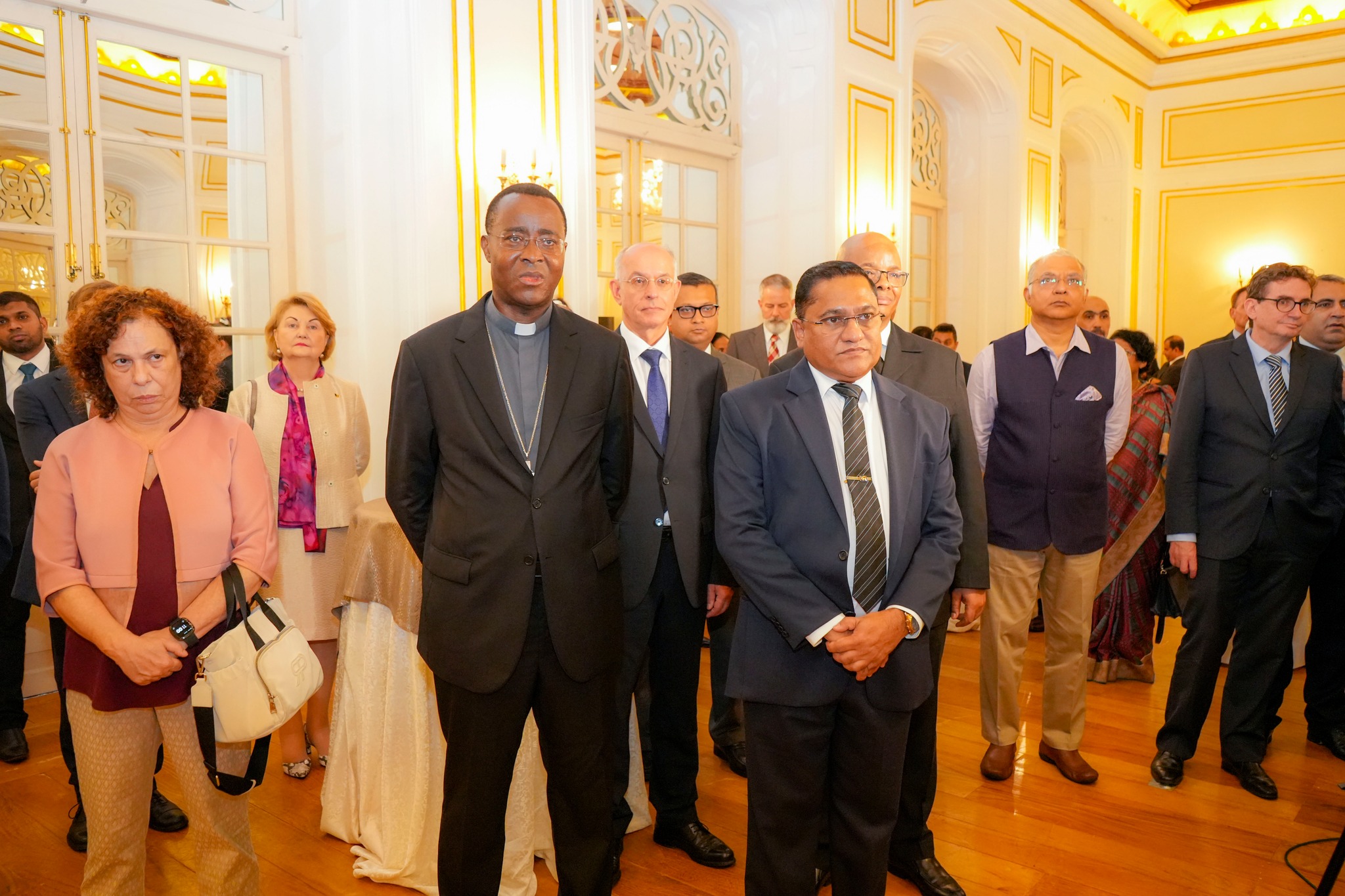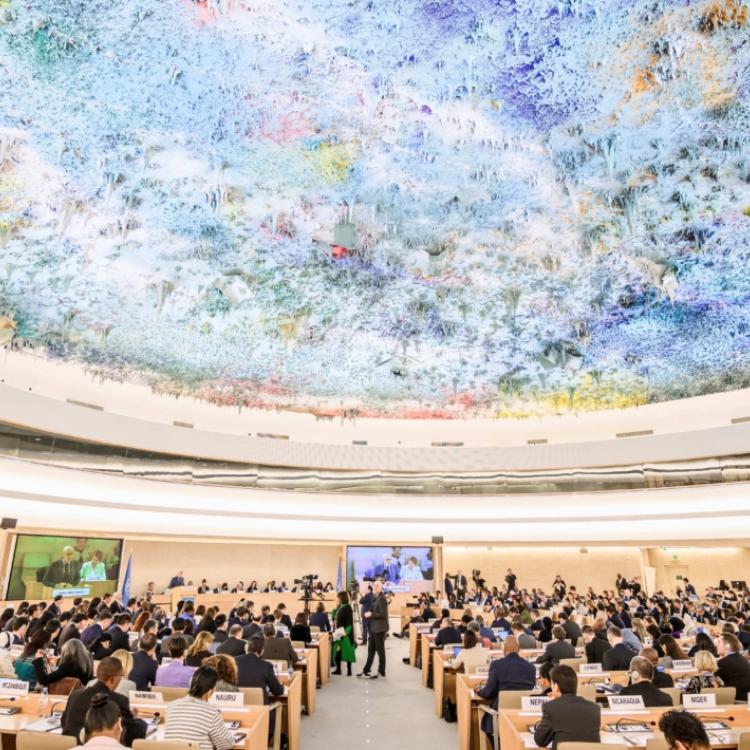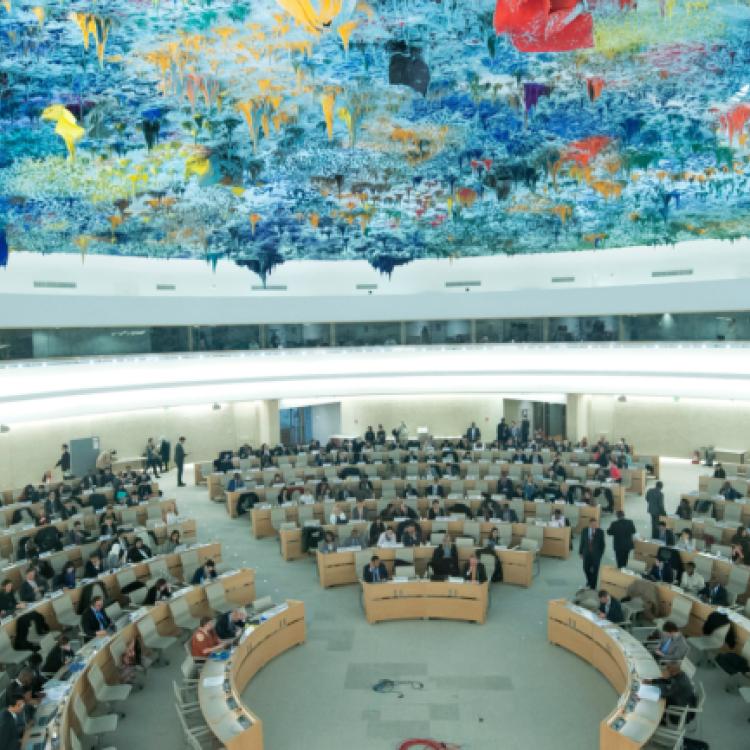
Sri Lanka's Foreign Minister, Vijitha Herath, reaffirmed his government's rejection of a United Nations resolution on gathering evidence of war crimes and instead pledged to continue with “domestic” mechanisms that have been rejected by victims for over 15 years.
Speaking at a meeting with the Colombo-based diplomats, Herath reiterated how his government had opposed the resolution at the UN Human Rights Council whilst thanking “the countries that took helpful and principled positions in support of Sri Lanka in Geneva and a number of countries also spoke in support of the progress made by Sri Lanka at the interactive session”.
He went on to claim his government would enact “domestic mechanisms and processes on reconciliation”.
Tamil victims and survivors of Sri Lanka’s 2009 genocide have repeatedly and firmly rejected domestic mechanisms and instead called for an independent, international accountability mechanism.
Successive Sri Lankan governments have refused to investigate and prosecute those accused of war crimes. Anura Kumara Dissanayake, Sri Lanka’s latest president, has also pledged not to prosecute those accused of war crimes.


